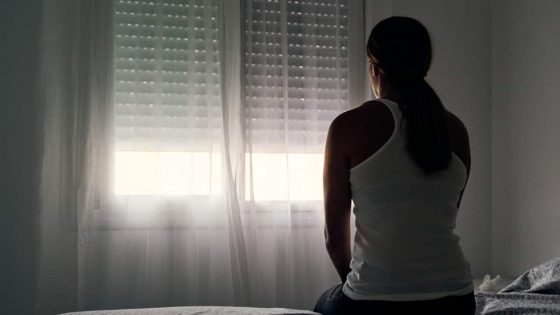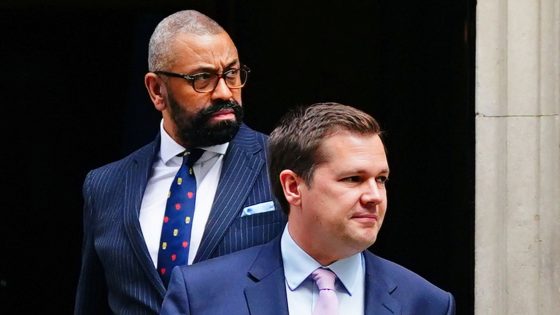This article contains references to domestic violence.
Uyen Truong arrived in Australia from Vietnam in 2012 looking to start a new life with her husband and children.
But she says living with her now ex-partner and in-laws became difficult.
“Four years total we lived together. I had too much stress, sad, violent — but at that time I didn’t know that it’s called violence,” she said.
“I just tried really hard to be a good wife, good daughter-in-law.
“I tried my best to do everything, but I didn’t get any happiness and freedom for myself and my kids so that’s why I’m thinking (I needed) to get out of there.”
Uyen didn’t speak any English and had no family or money of her own as her husband took control of every aspect of her life.
“It’s terrible, and then I keep thinking about it. But I (was) scared,” she said.
“I was so scared I don’t know how I can get out and I don’t know about the future, and some people they can help me. So nervous. But I was just always thinking about that need to get out.”
Her uncertainty about where to seek help isn’t unique among migrant and culturally diverse women.
Settlement agency Adult Multicultural Education Services (AMES) Australia has surveyed 30 community leaders in Sydney, Melbourne and Adelaide, about the barriers faced by women like Uyen.
Fifty per cent of the respondents said their communities had inadequate access to services and support.
Just over half (53 per cent) weren’t sure about where to get help, and 55 per cent said there were no adequate places to access refuge.
Mirta Gonzalez, general manager of education and participation at AMES, said one of the main issues was that while specialist services were available for survivors of violence, the information wasn’t getting through to the relevant communities.
“When women did access the services, the services are not as responsive to their specific needs. So they were finding various barriers — either cultural or language — that they were experiencing,” she said.
The results were not surprising for Rasha Abbas, the CEO of specialist family violence provider inTouch.
“We had a woman who lived in her car for a month because she didn’t actually know that there were services there to support her,” she said.
“So without services like ours, those women are left stranded. And the vulnerable in our community are then left without the support that they can, and should be, accessing.”
The federal government said it was spending a significant amount of funding on programs to assist migrant women and children, and those from culturally and linguistically diverse communities.
One of those measures was increasing access to emergency accommodation through its $100 million Safe Places Inclusion Round.
The funding aims to deliver up to 720 additional accommodation spots.
Abbas said funding was always welcome, but the approach to the issue also needed to change.
She said as a society, we should “shift from the focus on response and crisis to more work on prevention; and more work on healing and recovery”.
“When we leave the women empowered, strong, with employment pathways, financial wellbeing, therapeutic work that is done with them and their kids,” she said.
“Then they feel stronger and they don’t have to go back into bad relationships. Or they go back into relationships knowing what’s right and they can be respectful, positive relationships.”
Uyen describes her life as beautiful now, but says she doesn’t want to see other women face the same barriers she experienced.
“I’m very content now, very happy,” she said.
“Because that time from zero, now I have 10. Zero to 10. That’s very hard and long way to do everything, settlement right now. Yeah I think it’s hard but … every woman they can do it, because of their children. Fight for it.”
If you or someone you know is impacted by family and domestic violence, call 1800RESPECT on 1800 737 732, text 0458 737 732, or visit . In an emergency, call 000.
, operated by No to Violence, can be contacted on 1300 766 491.



